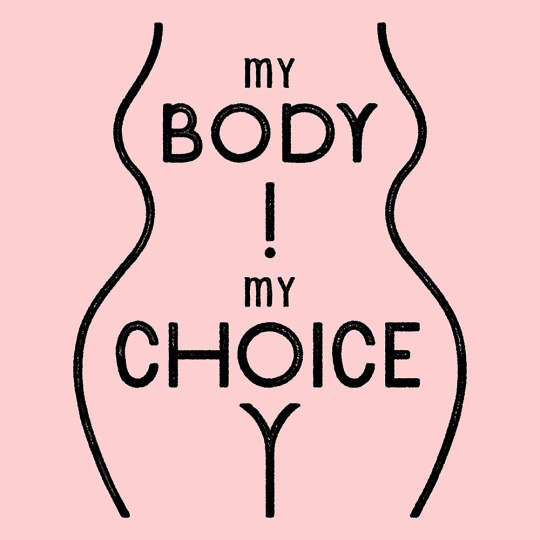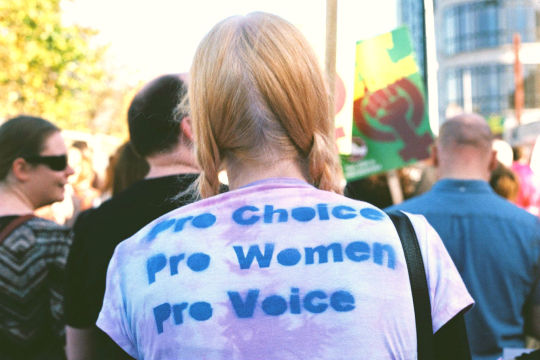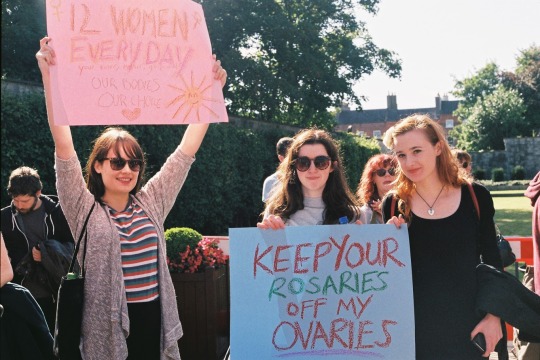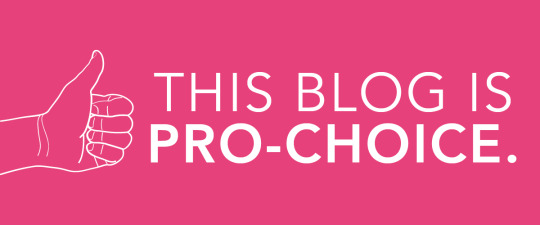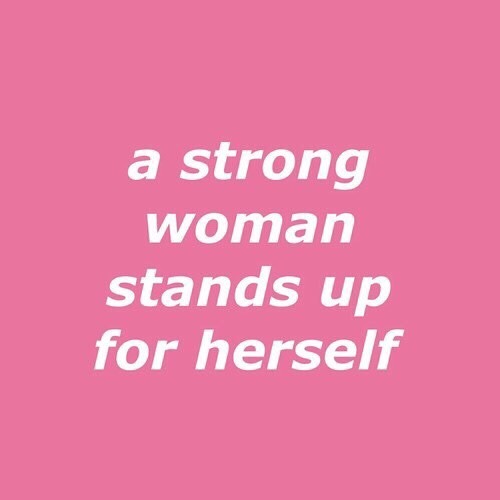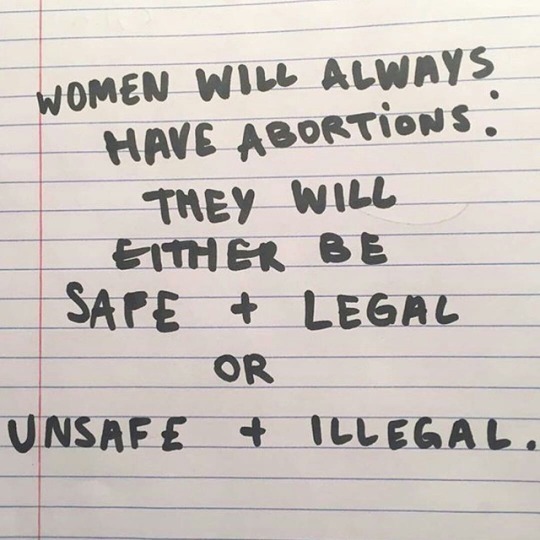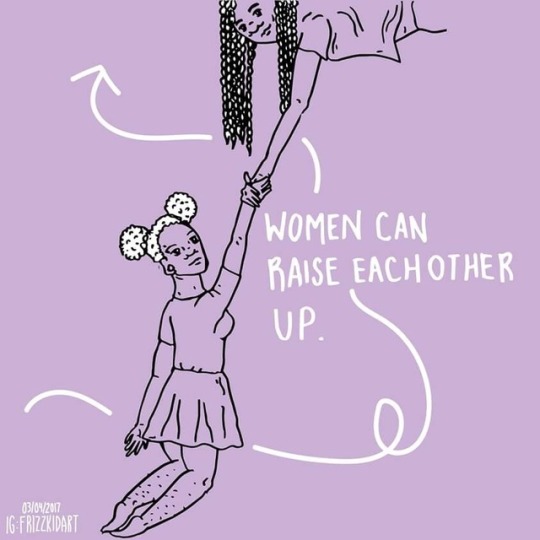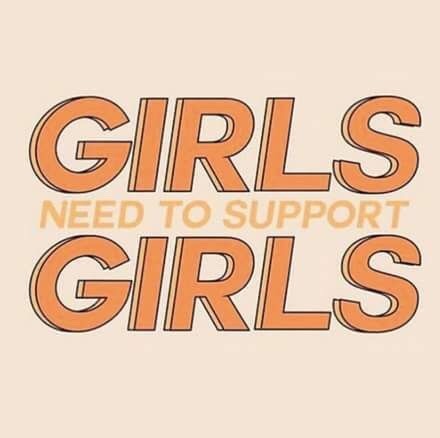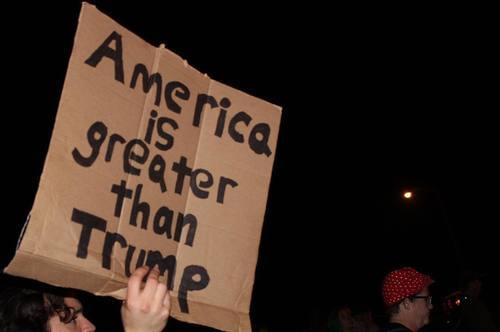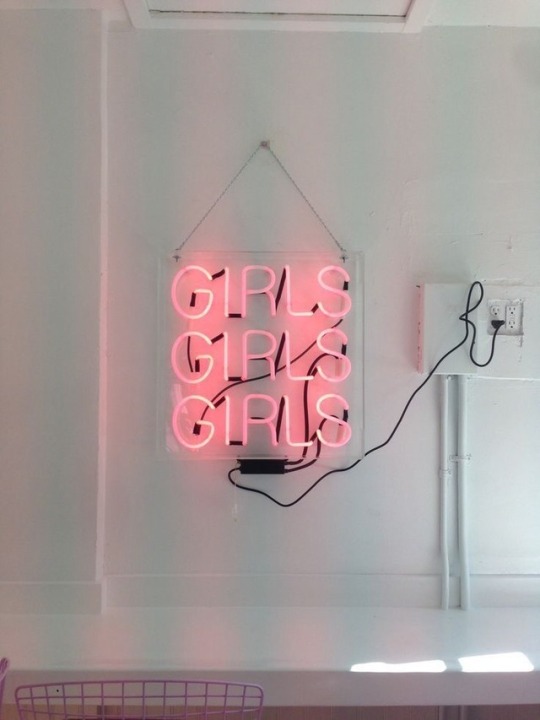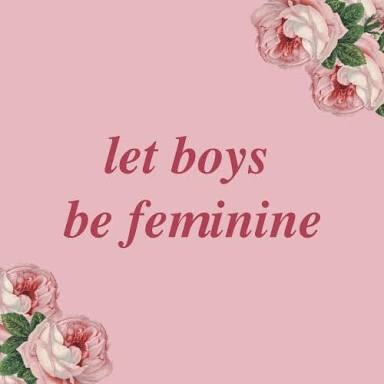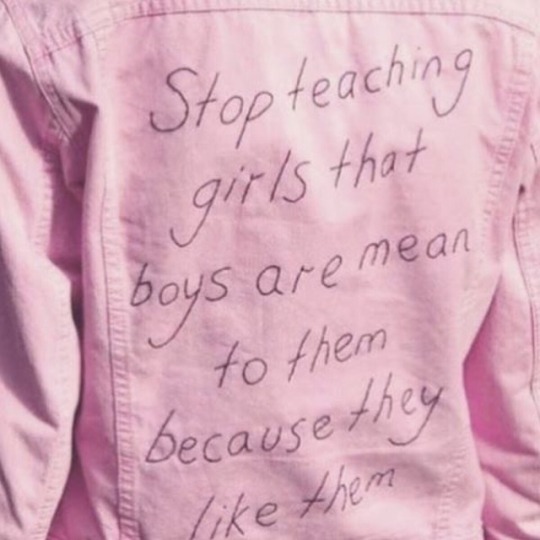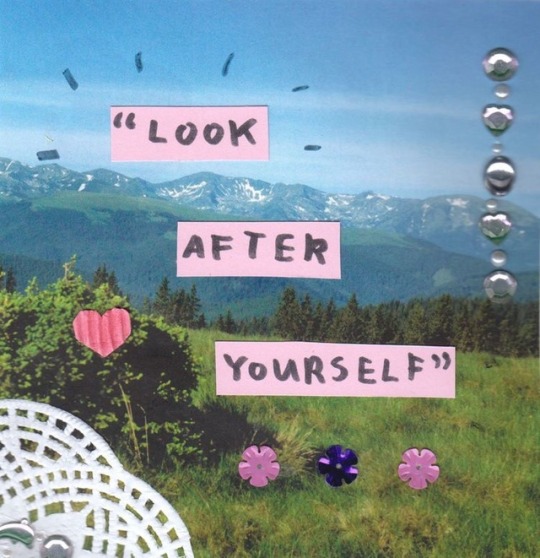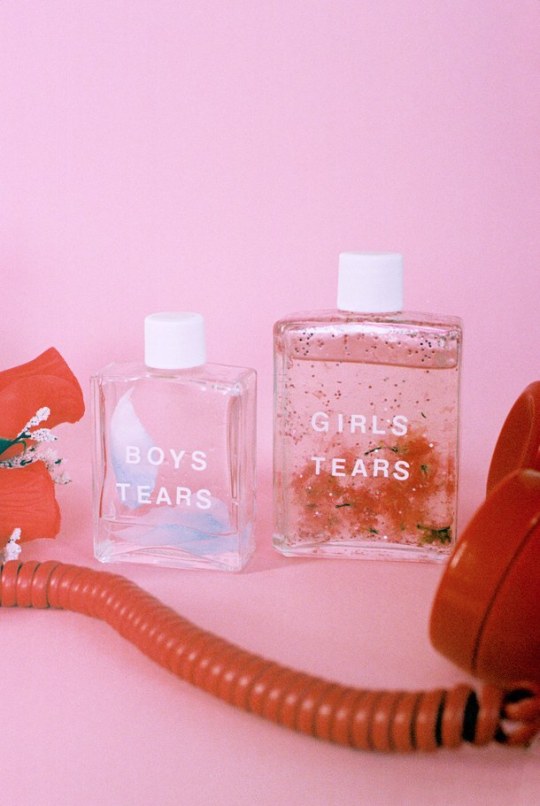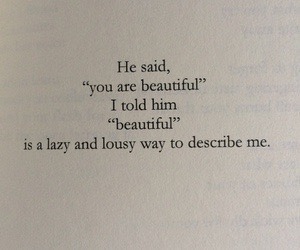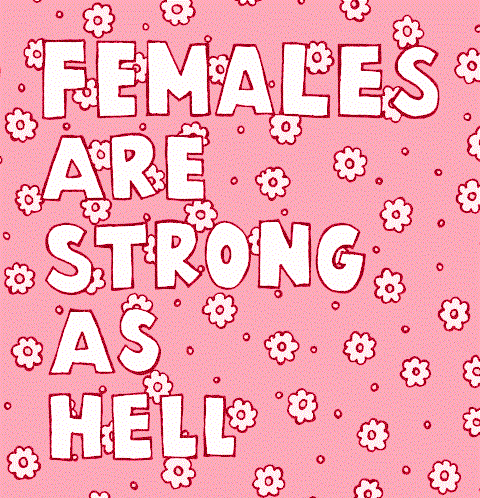Don't wanna be here? Send us removal request.
Text
a feminist perspective: an interview
M: Could you tell me about growing up in Iran
F: Ok. What would you like to know, in respect to what?
M: In respects to what sparked your desire to move to America or tell me about the influences growing up, whether that be parents of siblings. Whatever comes to mind when you think about your childhood and your inspiration to immigrate.
F: Sure, sure. Well, the reason I came to America, well not me, but all of my siblings, our parents send us all abroad to go to college after high school, mainly because there were not enough universities in Iran at that time. So, after you graduate from high school, there was a very slim chance you’d get into college, because there are so few of them. So I grew up with this idea of college being something I’d have to leave for. The universities had too many applicants, so therefore that’s what made me want to come to the states. And my parents wanted me to have higher education, and they knew I couldn't have it in Iran, so therefore they sent us abroad and of course, to California with some other cousins that had already came to California, so it was easy to follow them. I grew up with the idea of this trajectory thanks to my older cousins.
I was the middle child and my two oldest brothers and sisters, they were quite older than me, and they had come to the United States much earlier, and then my younger brother and my sister came after me. We grew up with the idea of immigrating.
In Iran, of course, at the time, and even now, women really don’t have much of a voice, as you know. However, my parents, I was lucky enough, that they did not see any difference between a man and a woman. Therefore, they treated their kids, a boy and a girl, the exact same way.
M: That’s wonderful.
F: Yes, it’s awesome. It is part of me, you know, because I grew up that way. And I never saw any difference between myself and my brother. We are thirteen months apart. So, whatever they did for him, they did for me also. Exact same thing. No difference. So that empowered me somehow. I never saw any difference myself, and to me, it was ridiculous coming here and noticing when entering the workforce and even college, that there is a difference, between men and women and how they’re treated. When I was in high school and as a child, I really didn’t know because you don’t notice it in school, but when you’re in the workforce or in the real world of a foreign place, that’s when you notice it, and in university. But that’s why I came to the U.S., to go to university, which I did, and just like my other siblings, we all came here and went to universities and graduated. All of my brothers and sisters actually, with the exception of myself, went back to Iran after they finished college. But, I did go. I never wanted to go back again (Laughs). I loved California. So I was the black sheep. (Laughs). So I stayed. And of course, after the revolution in Iran, which was ’77, all of my siblings and my parents, they all came back to the states. They migrated here. Which was wonderful for me because I was here, and then they came and we reunited. And now, we are all in California right now.
M: You had mentioned that when you came to the U.S. you were shocked to see that there was a difference between how men and women were treated, would you mind speaking to that? Also if there are any other challenges you particularly felt a an immigrant woman?
F: I really truly didn’t experience it myself while I was in university at least. But I heard about it. I didn’t experience it at school mainly because I was, well first, an advertising major, which at that time, being an artist type or art schools, there really were not many men. But from peers and other friends that were in say, enginerring, or business, different academic parts of the college, that’s were I heard about a discrimination based on their sex. Which I personally did not experience myself, but was shocked to learn of this situation. After art school I went to San Francisco State and went into fashion design and merchandising which was mostly women anyways.
M: When you started university had you already know English?
F: No (laughs). I had to learn it here. I did not speak a word of English when I came here. I immediately enrolled, at that time I stayed with my older sister who was in Los Angeles, and her husband was a professor in UCLA at that time, so he arranged to take some English as a foreign language at UCLA, which I was attending in the mornings, and then in the afternoon, they enrolled me in another English for adults school. I did that for about three or four months until I had some sort of an English learning type of situation. But I realized I wasn’t very good at it. And it was really hard, because I worked so hard to get my projects or homework going, and then the next day I would be so embarrassed to even show my projects, I’d hide my face from the others! But the teachers helped me, that’s how fantastic they were. I was really aware that I wasn’t strong in English. That helped me decide that I wanted to change my major to fashion design and merchandising mainly because I was good in fashion before when I came to states and I thought those skills translated well even though I wasn’t proficient in English. My mom always took me to the tailor and said, “Ok you go ahead and design whatever you want.” From teenage years. It was always a passion.
M: Is your interest in fashion mainly in women’s fashion? If yes, why do you think that is?
F: No I always have done women’s clothes.
M: Do you ever feel a connection between the clothes you design and they type of woman you’re designing for?
F: Certainly, I see it as a type of empowerment. I will send you a catalog of our newest collection.
M: Oh great, thank you!
F: If you notice, the designs that I have are mostly for women that are in the workforce. “Young executives” I call them (Laughs). Someone who wants to be empowered and wants to dress right. To me, it’s very important how people dress for interviews. People can get more business if they present themselves well, once they are dressed properly. That’s how I grew up, thinking you are who you represent. That makes a big difference in life. I’m sure a lot of people have told you that. Especially in the states. People are getting more comfortable with what they’re wearing. But if you want to be an executive, you need to feel that, and represent it. Dress for the job you want. That’s whom I’m designing for. For women to empower themselves with their self-presentation and representation.
M: When you started your designs and your company, how did you start, what catalyzed your ideas to become your own boss?
F: Well when I was young, I got married very early. Like, first, second year I came to states, so I was really a freshman in college when I started my own designs in San Francisco. And my ex-husband was in shoe business. He had many shoe stores. And having that background and seeing his idea, made me want to open my own clothing store. So, that’s when I started to get into fashion business. I opened my first store, and I started buying from small designers and retailing stores. After a while, I started to say, ok I’m going to design a small collection for my own stores only, which I did, and it was so successful, that a few representatives from New York approached me to design a collection and give them the samples so they could sell them. So I did. And my God, they kept on bringing me orders and orders and orders (laughs), so that’s how I really got into wholesaling and designing and manufacturing, because the demand was there. People loved the clothes and bought from me and I sold more and more every year. It keep on expanding. So I kept my stores, because I enjoy having them and they’re my flagships, but the major parts of my business comes from this network of designing and wholesaling. We wholesale to 700-800 specialty shops around the U.S. and Canada.
M: What is the most empowering part of being a female business owner?
F: Getting to see other women get involved in business and help them along the way. People think women can’t operate companies, but we’re great at it! We just need to inspire each other to get out of that mindset. I get to be a part of that inspiration every day, and it’s amazing.
M: What is the most challenging?
F: It’s challenging when you realize that the system of America isn’t designed for women’s success. It really isn’t. And it’s a challenge because you just can’t let that mindset get in the way.
M: When you said that you felt as if there was a demand for the clothes you were designing, do you think there was a need for these clothes is connected to the growing demographic of female “young executives”? Do you see a connection between the demand you felt from your work and maybe a trajectory that women are taking?
F: Yes. Of course the collection has evolved from being just a jacket-type of a business. I started with jackets and I was only doing jackets. But now, business has evolved and the women who are my muse a different than the jacket type of attire I used to design. I design shirts, we mostly only make shirts basically now. The shirt business was designed for women at work. The shirt that I designed, they are very special, they are hand crinkled, or pleated if you want to call it. And the fabric has a memory that keeps the crinkle in it, and it will never come out. If you hand-wash and drip dry, it will always be the right. This was, to me, a sense, ideal for women who are in the workforce and travel a lot, and they don’t have time to futz with ironing their shirt or going to the dry cleaning all the time. Very low maintenance. It makes looking professional more accessible for the women. They’re easy to wear and they always look good too because they keep their shape perfectly. And it’s a day to evening design too. You could wear it with jeans or with a formal skirt. It’s versatile and professional, liberating and accessible.
One of the most important aspects of this shirt is that you don’t have to dry clean it and spend so much on dry cleaning every month. That obstacle for looking professional is just unfair to women starting out in business. This shirt is meant to help make it easier. And also for traveling, it’s perfect.
M: When you had originally started your company, did you feel like you faced any challenges as trying to become a business owner as a woman?
F: Well the fashion industry is a little different, but I did feel a sort of strangeness from males around me who noticed my dedication and determination for my business. I felt like a black sheep again (laughs).
M: Shifting gears, how does being a mother influence your sense of urgency towards women’s rights and feminist thinking?
F: I have always been a feminist in my life. I have always believed in women. I believe they are a lot smarter and could do a lot more if they had the opportunity and it is sad that we still have to fight for our rights. Especially when it come to the choice of abortion- I’m truly pro-choice- and I think, to fight for that all the time is s dedication women must have. And I want my daughters to feel that commitment too. To always fight for all women, and believe in us.
M: Do you think, well today we are in a very unique political climate, which has lead to people feeling a sense of urgency towards women’s rights, do you feel any sense of change as times have shifted? Do you feel more inclined to speak out?
F: Absolutely. This is the time, thanks to other powerful women such as Dianne Feinstein and others such as Nancy Pelosi, they have paved the way for us, and we have to take it on now. And respond, and more forward and support each other. Until we get our basic rights that men have always enjoyed.
M: As a women who works in business and immigrated here from Iran, what do you think is most unique about your feminist perspective? How has your identity as an immigrant feminist shaped your experience in America?
F: Since I came from a difference country, I see the U.S. in a different eye than you would if you grew up here. And, to me, it is a lot easier to see things that someone who grew up here in this country would see it. I noticed things a lot fasters than others did. It’s quite different once you are not from this country and all of the sudden you come into this country and think, oh my God, it’s such a difference. If you grew up here, you’ve been exposed to it your whole life, inadvertently. So it’s not that noticeable. To me, it’s extremely important, for my own children, my daughters, to make sure they will go through life being able to notice the transgression and mistreatment and feel the empowerment to overcome it.
M: How do you feel like your feminism is expressed on a daily basis?
F: On a day to day basis, I try to empower my own employees, they’re all mostly women. I’m no help unless I help as much as I can. I try to help them as much as I can to help them get on the right track in life and feel empowered. I try to hire women, I definitely put weight on hiring a woman over a man if I can. Of course, I don’t want to be prejudice in that sense either, but I think women do a great job and are great workers. I truly believe in that. Day to day I try to have customers even, if they have their won stores, I talk to them and help them and try to get them into stores of the contacts that I know. Make sure they’re alright in their business. Since I have a retail background as well, the people that actually buy from us, they’re retailers and they’re mostly women. Mainly small shop owners, so I try my best to make sure they stay in business. By giving them all of my experience basically, and I’ve seen many many people actually follow my direction and they’re doing great.
M: That’s great. And everyday to try to lift other women up and support female business owners is a great way to slowly chip away at the sexism that is inherently a part of capitalism.
F: It’s the best way to support unity.
M: Who would you say is your role model, or models if it’s multiple? How are they influential? How did they support you in your migration?
F: I have an older sister who has been a great role model for me. She’s a fashion designer. She was the head of the fashion design department at Santa Monica college for many years, and she just retired. She has always been a good role model for me, and she helped me so much when I was acclimating to the States. I must say she has the influence on me in many parts of my life. In fashion, in business and in feminism. I always admired Nancy Pelosi. I follow her and she is a great lady and has done a lot for women. Same with Dianne Feinstein. Both are role models for all of us.
M: What sort of advice would you give a young woman who was in the same path as you in terms of immigration, what would you tell her?
F: (Pause) Stay focused. Don’t rely on men (laughs). Make a life for yourself, rather than relying on men to make a life for you, and you could do anything you want as long as you want to do it. Just be empowered just by being woman. And I’m sure we could do just as well if not better than men could do (Laughs). Don’t be afraid. If you fall once, that’s fine, get up and go again. We all go through different experiences during different times in our lives. Don’t let one incident stop you from going forward. And more than anything, help other women along the way.
(Long Pause)
The only thing that I’m hoping is that we all should know, don’t give up, fight for your rights and never let anybody step over you and always fight your way above. If men could do it, you could do it.
1 note
·
View note
Photo
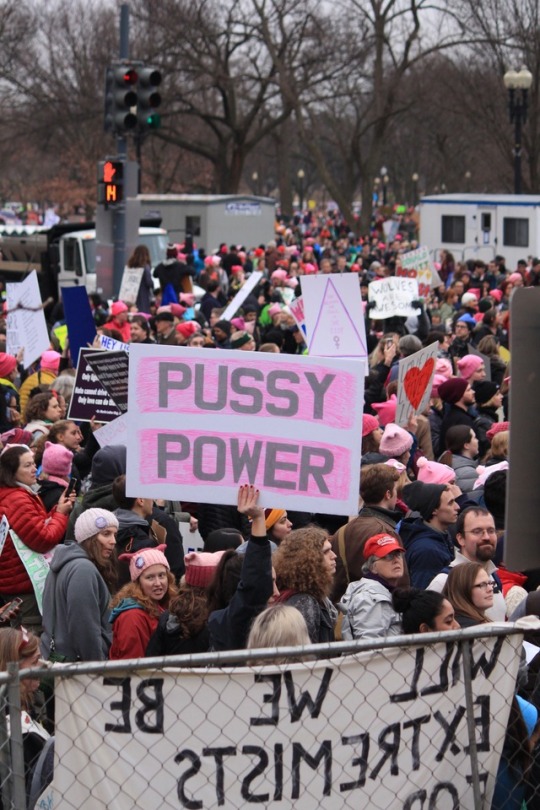
Women’s March. Washington, DC. 2017.
445 notes
·
View notes
